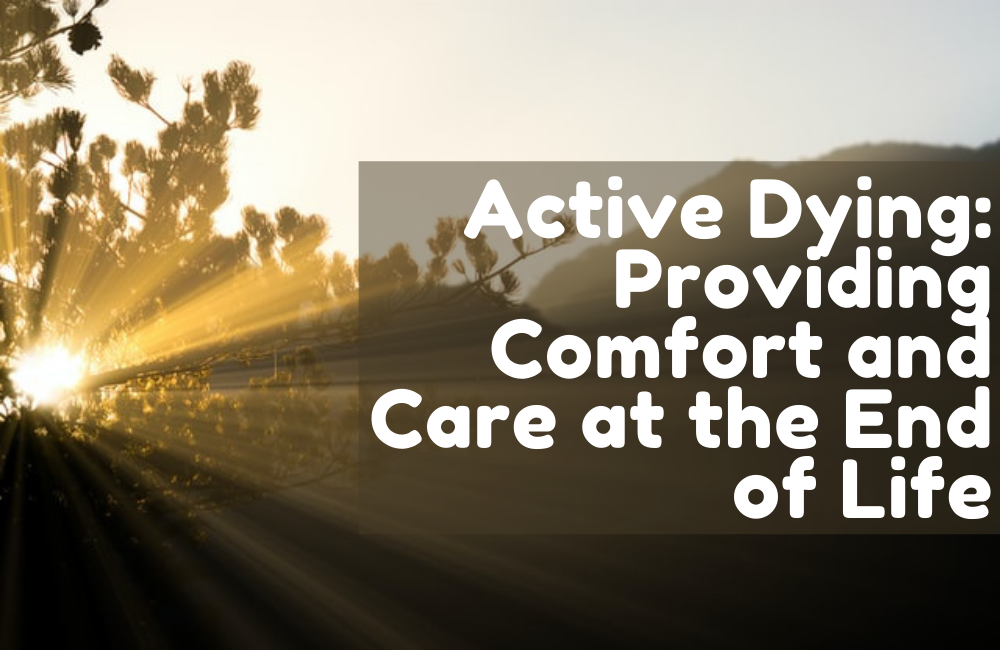Death is an inescapable truth everyone has to face someday. There’s no way around it—you and the people you love will eventually reach the end of your lives.
However, although we have long been taught the mortality of man and the inevitability of death, the awareness of it doesn’t make things easier to accept once your loved one is at the final stage of their life.
Losing a loved one is never easy to experience, much less talk about. However, although challenging, it’s crucial to acknowledge the signs of active dying and to develop a care plan to ensure that your loved one will receive as much support and care as they can until their eventual death.
Becoming Closer to Death
Death is often unpredictable, but you’ll know whether your loved one is close to the end of their life if they are in the active phase of dying. Actively dying patients refer to individuals who are very close to death and exhibit signs and symptoms of near-death.
Active death involves two stages, which are the pre-active and active stages. The pre-active phase of dying usually lasts for around three weeks, where the person may withdraw from social activities, spend more time sleeping, and become unable to consume food or water.
The second and final stage is active dying, which generally lasts for three days. During this phase, the body will begin to show signs of death. Recognizing the symptoms will be necessary for the healthcare provider and your loved one’s family so that you can address their needs and prepare for their death.
The signs of active dying include:
- Blood pressure has dropped significantly
- Fluid is building up in their lungs
- Breathing patterns are becoming irregular
- Patient is in a coma or semi-coma
- Change in urine color or decrease in urinary and bowel movement
On Active Death Care
Helping someone in the active dying phase is different from the senior health care services you’re familiar with. If you can’t handle taking care of your dying loved one, you may want to call for hospice care for assistance and support.
A hospice provider will provide your loved one’s end-of-life needs, coordinate with professionals, and ensure that your loved one will have the most comfortable and peaceful death that they can have. If you’re having difficulty making important decisions, a hospice care team can guide you through them.
Many families call for hospice care until their loved one’s final days or weeks, but a patient may receive care much earlier. The equipment, supplies, and specialized care a hospice care team provides will make a significant difference to their comfort during the final stage of their life and offer support to the family.
Conclusion
Death is never an easy topic to approach, especially when it concerns your loved one. However, if you wish to provide them with the best care during the final stage of their life, you’ll need the assistance of a hospice care team.
Once you notice significant changes in your loved one and suspect that they are becoming much closer to their death, remember to call for hospice care right away so that they can reach a peaceful and comfortable end.
If your loved one is nearing the final phase of their life, leave it to our hospice care team at Bridge Home Health & Hospice to offer the support and care they need. We will care for your loved one as if they were part of our family with total respect for all physical, psychosocial, and spiritual needs. Connect with us to learn more.

